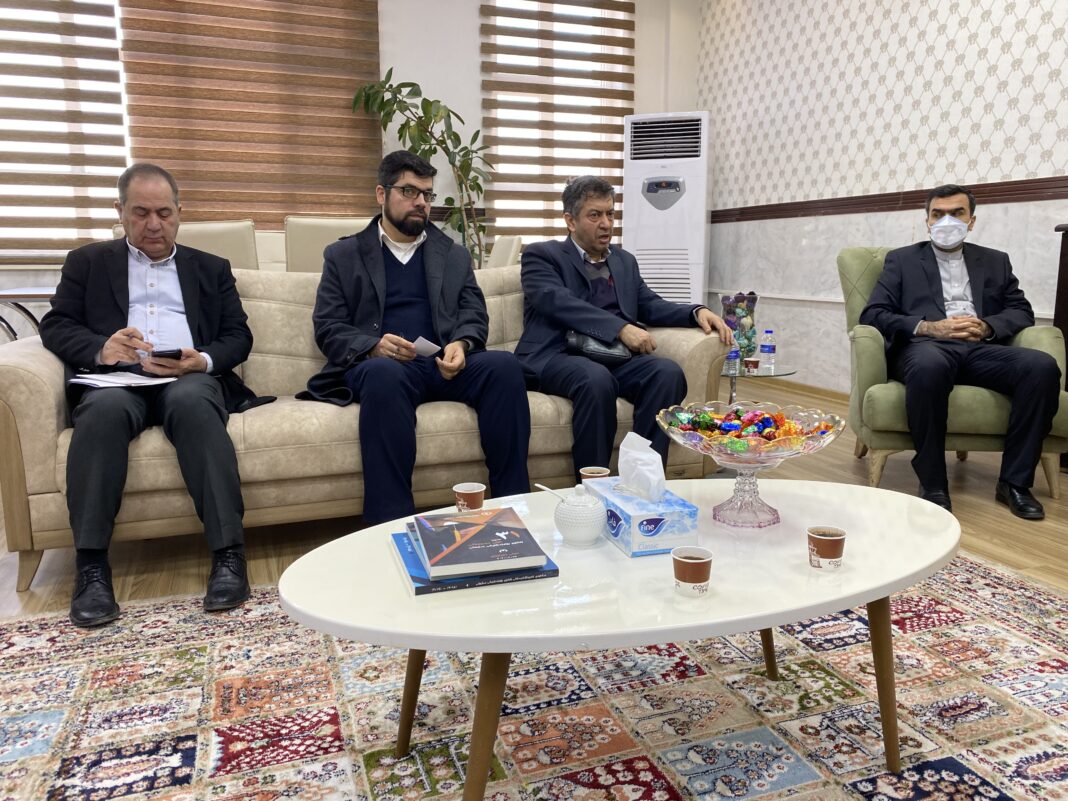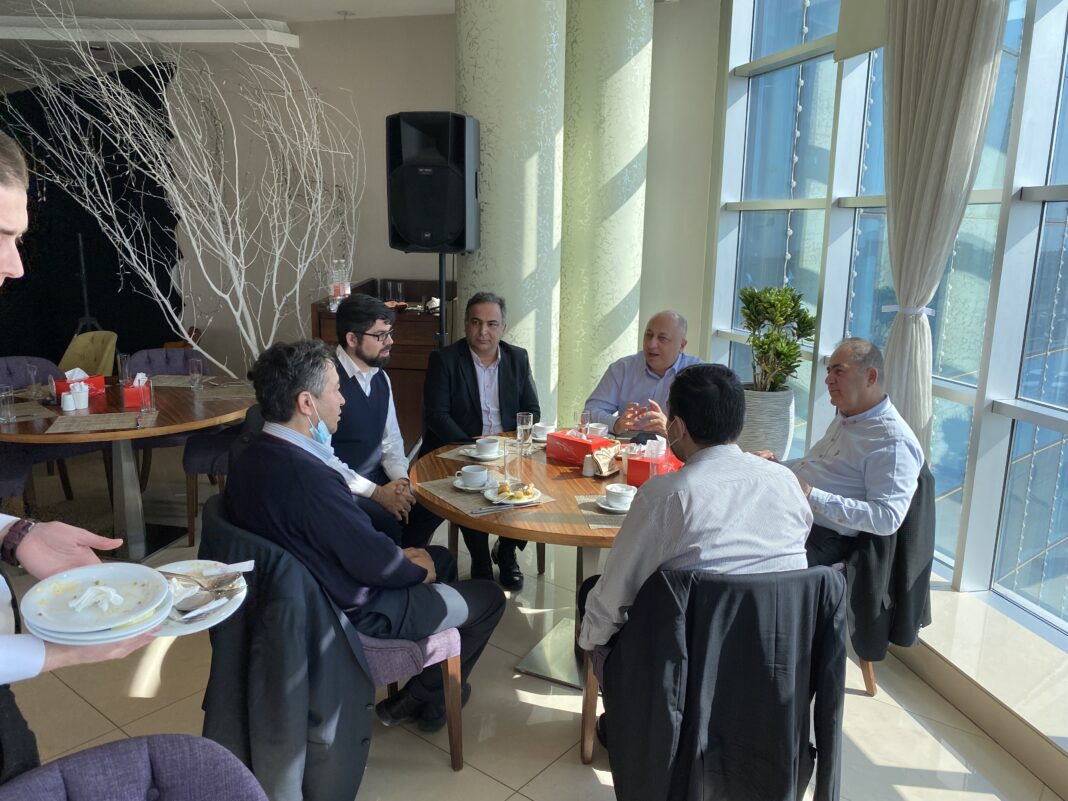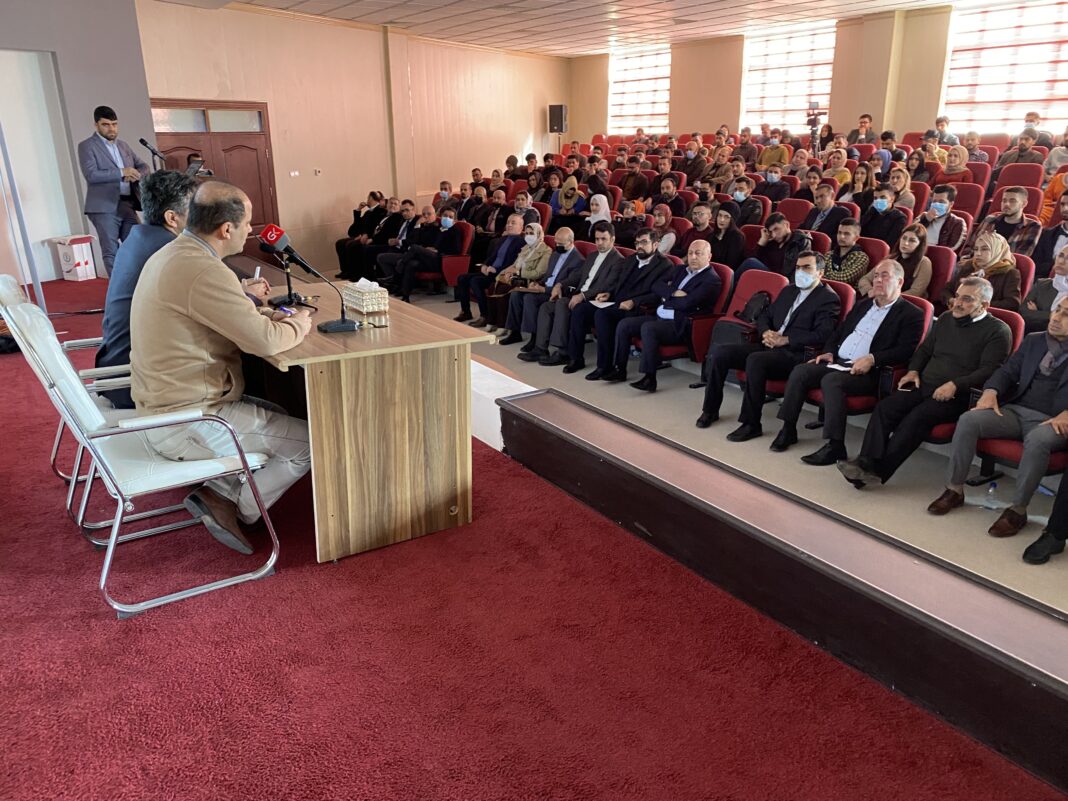1. Currency Exchange and Economic Stability
The Iranian rial’s fluctuations impact business transactions in Kurdistan, as many traders deal in multiple currencies. The weakening of the rial can make Iranian goods more affordable, but it also raises concerns about financial stability.
2. Fuel and Energy Trade Relations
Iran has been a major supplier of gas and electricity to Kurdistan, particularly during times of domestic energy shortages. Political and economic challenges sometimes lead to temporary disruptions, affecting both consumers and businesses.
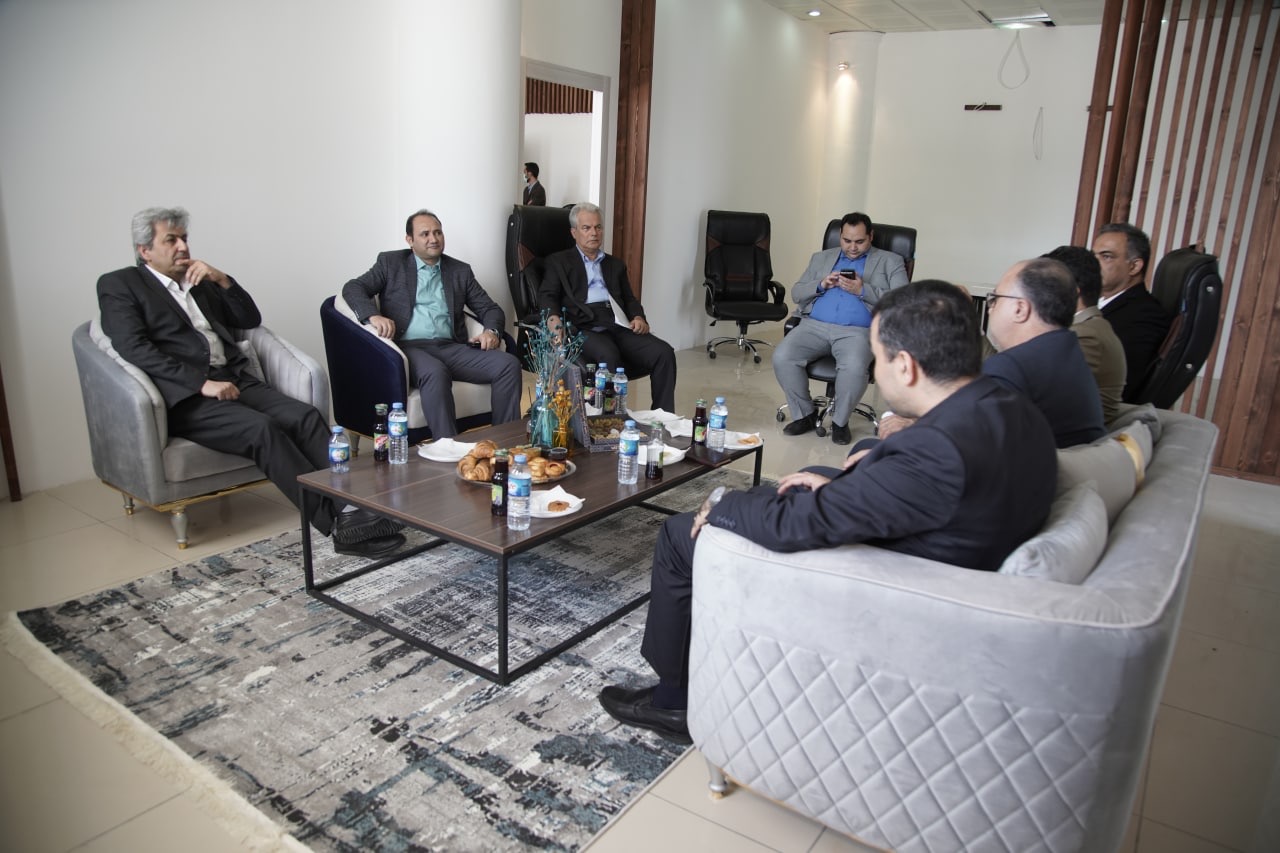
3. Investment Opportunities and Challenges
Iranian companies have invested in real estate, agriculture, and retail sectors in Kurdistan. However, challenges such as banking restrictions, customs regulations, and political tensions sometimes hinder further economic collaboration.
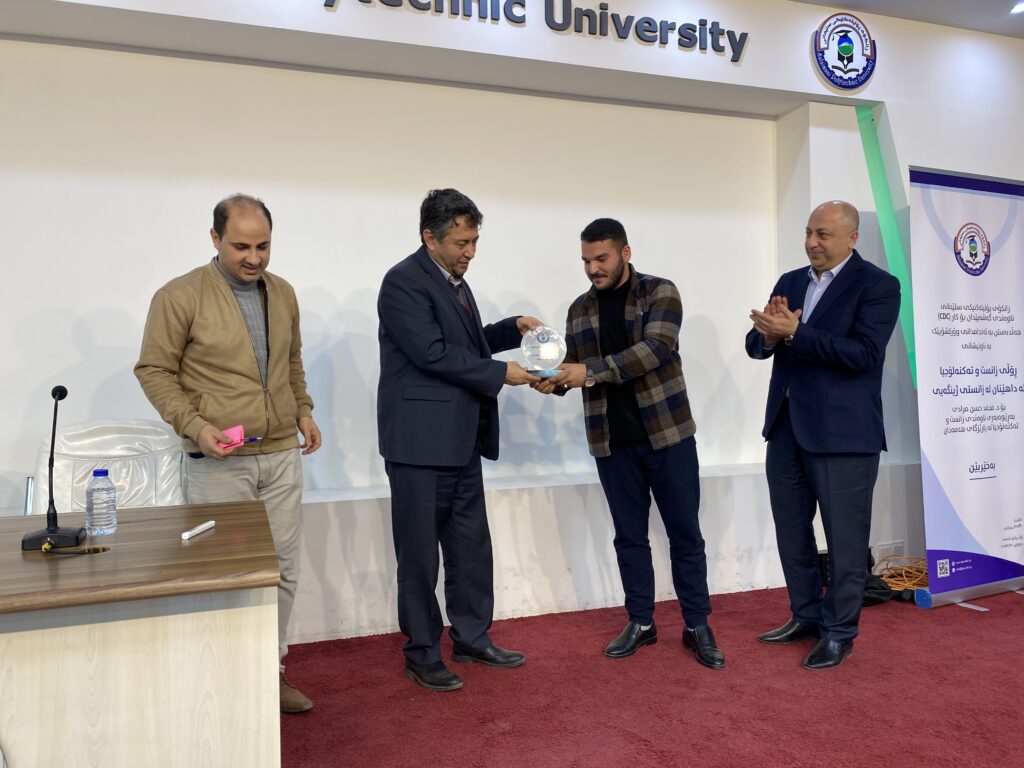
4. The Role of Iranian Businesses in Kurdistan
Iranian businesses play a significant role in Kurdistan’s markets, particularly in construction, textiles, and consumer goods. Many Iranian entrepreneurs have set up factories and distribution centers, contributing to local job creation.
5. Economic Outlook and Cooperation Strategies
As Kurdistan seeks to strengthen its economic resilience, cooperation with Iran remains an important factor. Discussions on joint industrial projects, infrastructure development, and financial partnerships could help both regions benefit from mutual growth.

